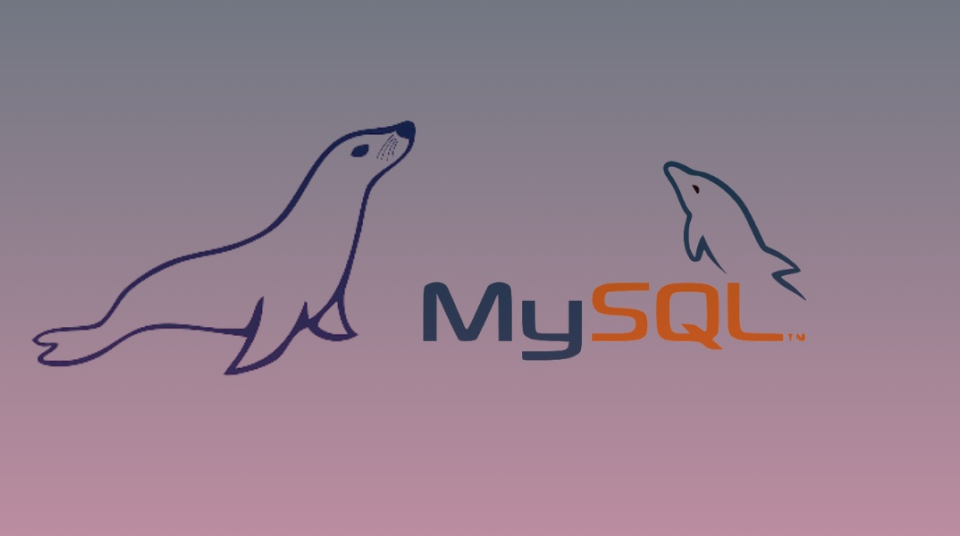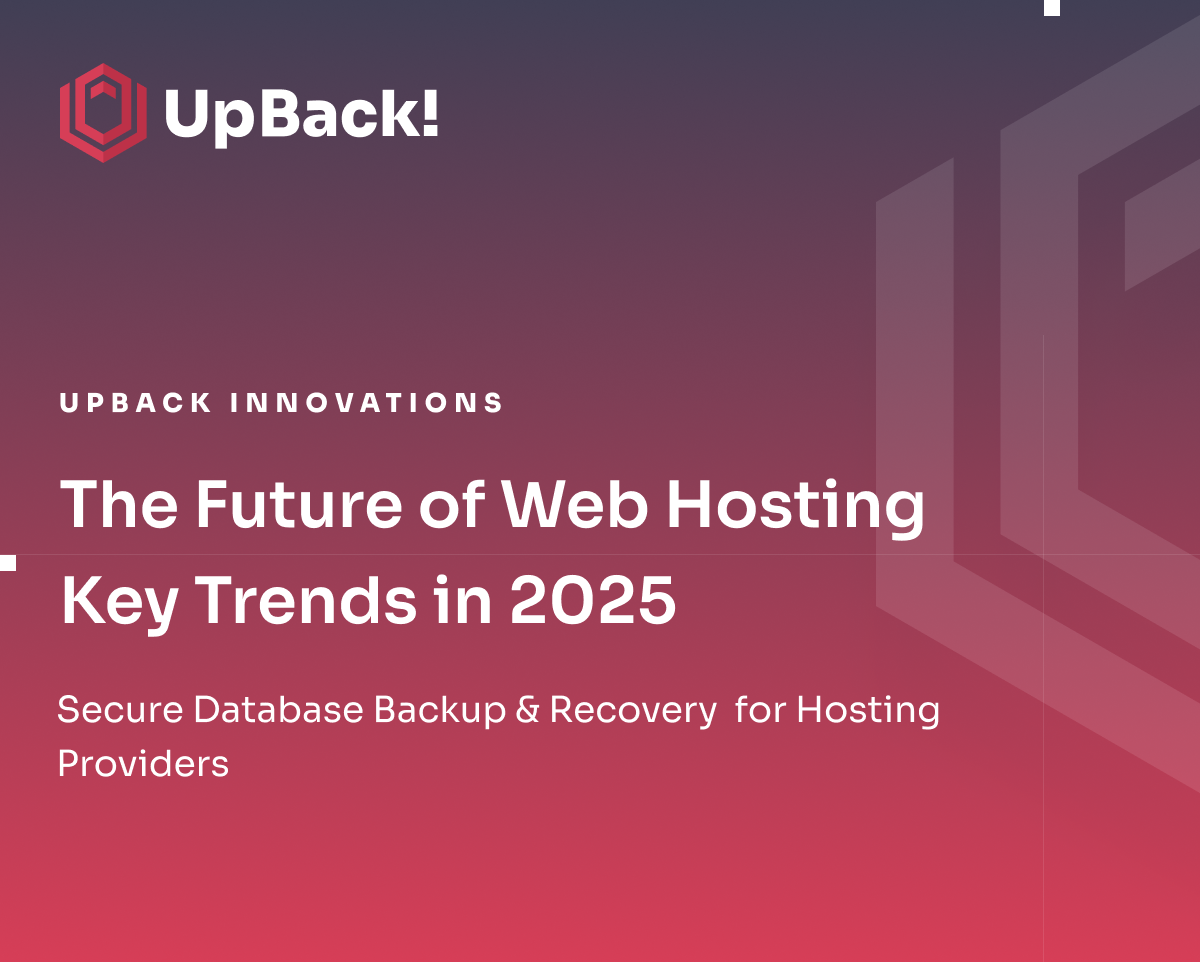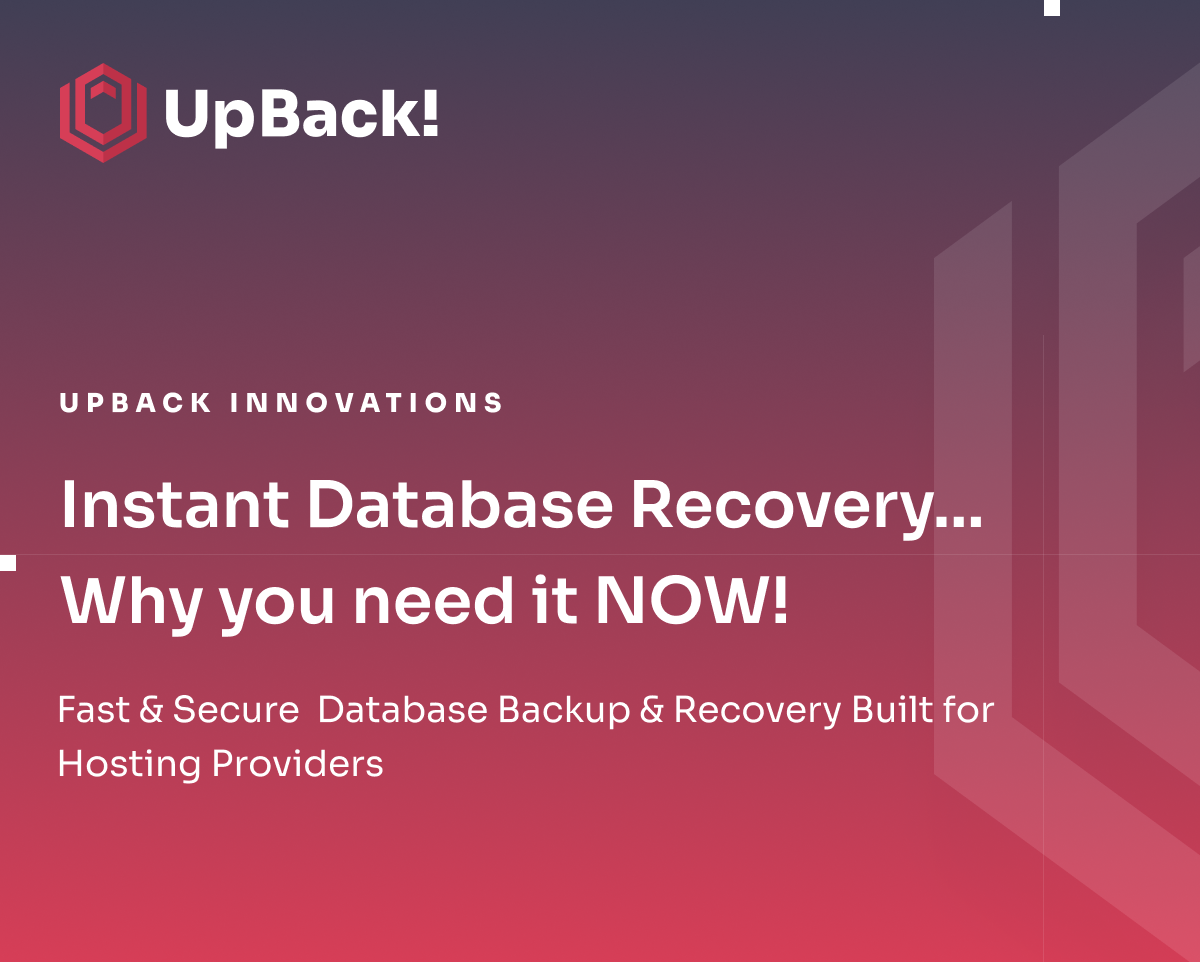mariadb vs mysql Choosing the Right Database
mariadb vs mysql is a question a lot of people ask themselves when on the lookout for the perfect database technology to power your business.
The choice between mariadb vs mysql is a little more than just a technical decision; it's about finding the right foundation for your project and what fits right for your business.
As two of the most prominent players in the database field, mariadb and mysql each offer unique advantages that cater to different needs and preferences within the tech community.
In this blog we aim to provide a high-level comparison, highlighting some of the main strengths and potential drawbacks of both, to help you make an informed choice that aligns with your business goals.
Let's dive into mariadb vs mysql, uncover some of the major factors that set them apart, what makes them a good choice and see how they fit in the broader context of database mgmt. and application development.
If you're still deciding between the two, check out our detailed comparison of MariaDB vs MySQL to understand their differences in performance, features, and use cases.
mariadb vs mysql: Comparative Analysis
When looking to understand the choices and options when it comes to MySQL Vs MariaDB, it’s important to understand their capabilities (as well as their limitations) across a number of variables; performance, features, compatibility, and an important on, ongoing community support.
MySQL and MariaDB are both renowned for their ability to handle large databases and high-concurrency applications, yet they each have their unique optimizations. MySQL, backed by Oracle, is tailored for efficiency and scalability, making it a solid choice for business applications requiring high availability and reliability.
MariaDB, Originally a “fork” of MySQL, offers performance enhancements and optimizations such as faster cache/indexes and advanced threading that can outperform MySQL in certain scenarios, particularly in read/write operations and when handling a large number of connections simultaneously.
Feature Set Comparison
Both platforms come equipped with an impressive array of features, but there are distinctions worth noting:
MySQL shines with its robust security features, including SSL support and powerful data encryption options. Its storage engines, like InnoDB, are optimized for high performance and reliability.
MariaDB boasts a wider variety of storage engines, such as Aria and TokuDB, offering unique advantages in compression and speed. It also presents extensive customizability and cutting-edge features like the Galera cluster for synchronous multi-master replication.
Seamless Integration and Compatibility
You can ask any CTO and many will mention compatibility with existing systems, APIs, libraries, and third-party tools is super important for smooth operations.
MySQL, with its widespread adoption, ensures this broad compatibility, across multiple platforms and technologies.
MariaDB pledges drop-in replacement compatibility for MySQL, meaning it aims to function seamlessly with software designed for MySQL.
However, as MariaDB continues to evolve, slight differences may emerge, especially regarding new features and optimizations not present in MySQL.
Community Strength and Support Framework
The vibrancy and responsiveness of a database’s community can significantly impact user experience and problem-solving efficiency.
MySQL benefits from Oracle's extensive support network, offering detailed documentation and enterprise-level support services. However, some users feel the community aspect has diminished since Oracle's acquisition.
MariaDB’s community thrives on its open-source philosophy, fostering a welcoming environment for collaboration, innovation, and support. It offers comprehensive documentation, active forums, and contribution opportunities, making it a hub for collective problem-solving and development.
The Tech Industry's Preference: A Sector-Wide Perspective
In the tech sector, the choice between MySQL and MariaDB often hinges on specific project requirements, philosophical alignment with open-source principles, and the need for particular features or performance characteristics.
While some tech giants and startups lean towards MySQL for its established reputation and Oracle support, others champion MariaDB for its innovative features and community-driven development model.
Pros and Cons: Weighing Your Options
MySQL Pros:
- Established reliability and performance
- Strong security features
- Wide-ranging compatibility
MySQL Cons:
- Concerns over Oracle’s proprietary control
MariaDB Pros:
- Open-source and community-driven
- Advanced features and customizability
- Active development and innovation
MariaDB Cons:
- Potential compatibility nuances with MySQL
UpBack!’s Role in Database Management
In the intricate landscape of database backups and recovery, UpBack! stands out by offering a robust, agent-based platform tailored for both MySQL and MariaDB users.
Our solution simplifies the backup process, ensuring your data remains secure, recoverable, and resilient against potential threats.
Why Choose UpBack!?
Automated backups and secure storage solutions
Easy recovery, ensuring operational continuity
Support for both MySQL and MariaDB, providing flexibility and peace of mind
Making the Informed Choice
It’s clear that both MySQL and MariaDB databases offer compelling advantages for tech innovators.
The decision ultimately rests on aligning your project's needs with the database's strengths, whether it be MySQL’s robustness and reliability or MariaDB’s flexibility and open-source ethos.
Ready to Enhance Your Database Strategy?
We invite you to explore UpBack!’s features and see how our backup and recovery solutions can fortify your database management, regardless of whether you choose MySQL or MariaDB.
Sign up for a free trial and take the first step towards securing your data with confidence. Discover more about mastering database backups and recovery with UpBack! through our MySQL and MariaDB blog series.




